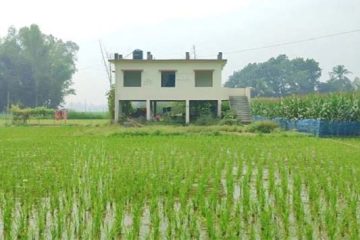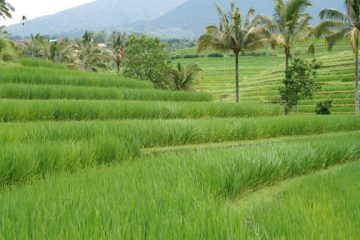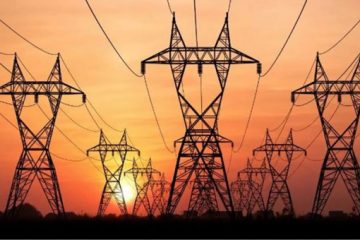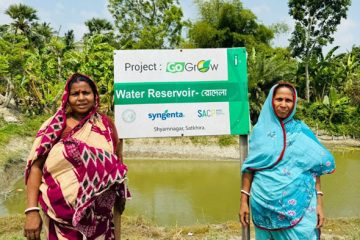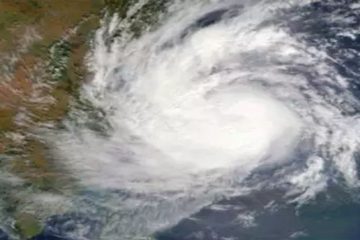BSS, Cox’s Bazar
The two-day seventh South Asia Free Media Association (SAFMA) conference ended here on Wednesday adopting eleven point declaration making a call to the governments of the region to strengthen democratic values, open and plural societies, liberal culture and safeguard the rights of women, minorities and the dispossessed.
The declaration called as Cox’s Bazar declaration also welcomed the recent surge of democracy in the region and expressed deep concern over the rise of terrorism and religious extremism in the region.
The conference with the theme of “Democracy and Authoritarianism in South Asia” began yesterday at this picturesque tourist resort town with the participation of senior journalists and media experts from India, Pakistan , Sri Lanka , Nepal, the Maldives , Bhutan and host Bangladesh.
Information and cultural affairs Minister Abul Kalam Azad inaugurated the event while Foreign Minister Dr Dipu Moni attended the session of the second day as chief guest.
In the declaration, it also called upon the Afghanistan, India , Pakistan, Iran, Bangladesh , China and Central Asian republics to evolve a regional consensus against terrorism and extremism that must be respected by each state and the international community.
Referring to the recent deadliest terrorist attack on Mumbai, the declaration said, India and Pakistan should make Mumbai a good example of bilateral cooperation leading towards strengthening of anti- terror mechanism at all institutional levels, including intelligence agencies and security establishments.
The Conference called upon the governments of India and Pakistan to fully and sincerely cooperate in investigating the culprits and bringing to justice the perpetrators of terrorism in Mumbai. “SAARC member countries may consider a task force to handle cross-border crimes and judicial mechanism to try such criminals,” the Declaration said.
The Cox’s Bazar Declaration said, the SAARC process must be strengthened with the creation of customs and monetary union while lifting all barriers on free flow of information, goods and people.
The declaration urged the countries of the region to lift all restrictions on free movement of journalists and media products forthwith.
“The media owners and government should also ensure the safety of journalists and provide insurance cover to all journalists covering conflict,” it said. It added that the right to know and freedom of expression be respected and safeguard both legally and practically.
The SAFMA declaration also appealed to the SAARC secretariat and member states to recognize SAFMA as an Apex body of SAARC.
The declaration endorsed the exit of monarchy in Nepal and victorious people’s struggle for democracy culminating in the creation of constitute assembly , the democratic change in Maldives resulting in the defeat of the decades old authoritarian regime , emergence of democratic institutions after the February 2007 election in Pakistan and creation of a sovereign parliament and a democratic coalition government , introduction of a constitutional monarchy and free election in Bhutan, and the revival of democracy in Bangladesh and establishment of a secular government.
It also expressed concerned over spread of terrorism in the region in north-western region of Pakistan and south-eastern Afghanistan and its spill over to India , Bangladesh and other countries.
The declaration aggrieved on the increasing casualties of and attacks on journalists in conflict ridden areas. The declaration viewed that ensuing peace and tranquility and a tolerant political culture are the pre-requisite for sustaining democracy and good neighbourly relations among the countries of the region.
The phenomenon of terrorism needs to be handled comprehensively and collectively with active and sincere cooperation of all states of the region and beyond.
The declaration pointed out that the regional cooperation which is essential for the progress of the member countries of SAARC cannot move forward without allowing free movement of information, goods and people and promoting trans-national communication linkage and connectivity.
Courtesy: thebangladeshtoday.com

